KTR demands Central probe into alleged corruption in AMRUT tenders
Sat 21 Sep 2024, 00:54:50
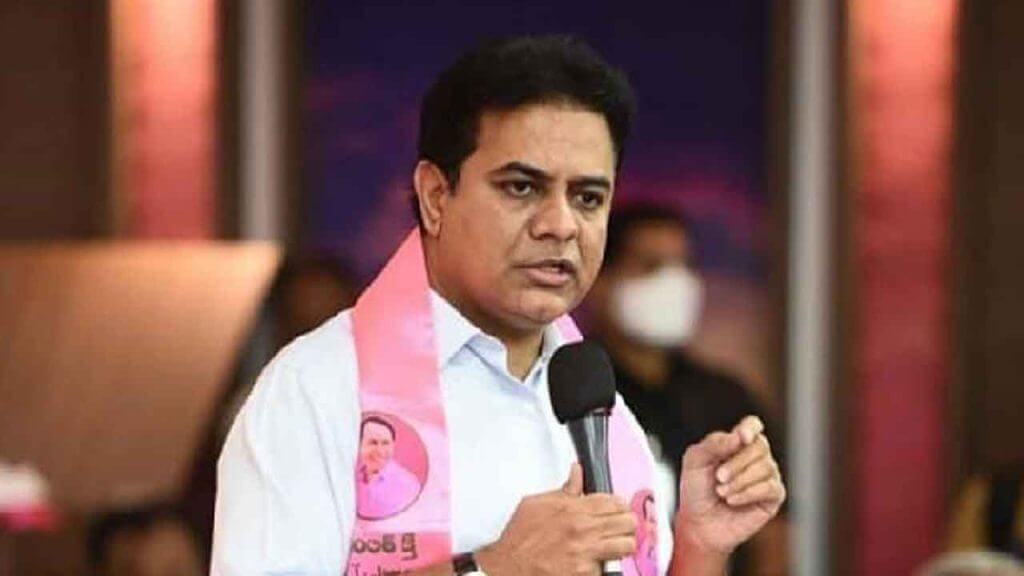
BRS working president KT Rama Rao urged the union government to launch an immediate investigation into alleged corruption in the allocation of AMRUT scheme tenders in Telangana. He stated that tenders worth about Rs 1,500 crore were being awarded to companies linked to the Chief Minister A Revanth Reddy’s relatives, specifically his brother-in-law, without following due process.
In a letter addressed to union Ministers for Urban Development Manohar Lal Khattar and Tokhan Sahu on Friday, Rama Rao cited repeated demands from opposition parties, including the BRS and the BJP, for transparency from the State government regarding these tenders. He said the State government so far failed to respond, raising suspicions of malpractice. He accused the Congress-led Telangana government of conducting secretive deals, deliberately keeping related information about the tenders hidden from the public domain.
“The Municipal department and other tendering websites have been manipulated to withhold this information from the public,” he added. He demanded that the union government take necessary measures to release all tender-related
documents and make them available to the public.
documents and make them available to the public.
Citing the urgency of the matter, the BRS working president asked the union Urban Development Ministry to review all tenders awarded over the past nine months under the AMURT scheme, which is funded by the Central government. He requested that any tenders violating the rules be immediately canceled, noting that companies with no qualifications, other than being connected to the Chief Minister, were awarded lucrative contracts.
Further, Rama Rao also drew attention to multiple tenders awarded to the Chief Minister’s brother-in-law Srujan Reddy’s company, along with Megha Engineering and Infrastructure Limited (MEIL) and KNR. He noted that these companies have been favoured, with inflated estimates exceeding 40 per cent of the projected costs. He revealed that Chief Minister Revanth Reddy’s brother, Tirupathi Reddy, allegedly holds shares in KNR company, adding to the conflict of interest.
“If the Central government fails to act swiftly and appropriately, it risks being perceived as complicit in the Congress government’s corrupt practices,” he cautioned.
No Comments For This Post, Be first to write a Comment.
Most viewed from Hyderabad
Most viewed from World
AIMIM News
Latest Urdu News
Most Viewed
May 26, 2020
Should there be an India-Pakistan cricket match or not?
Latest Videos View All
Like Us
Home
About Us
Advertise With Us
All Polls
Epaper Archives
Privacy Policy
Contact Us
Download Etemaad App
© 2026 Etemaad Daily News, All Rights Reserved.


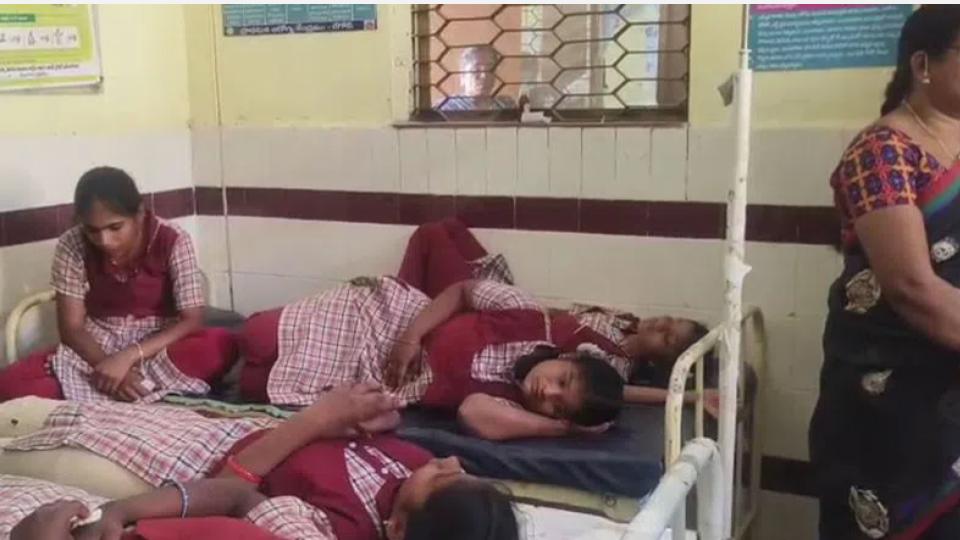
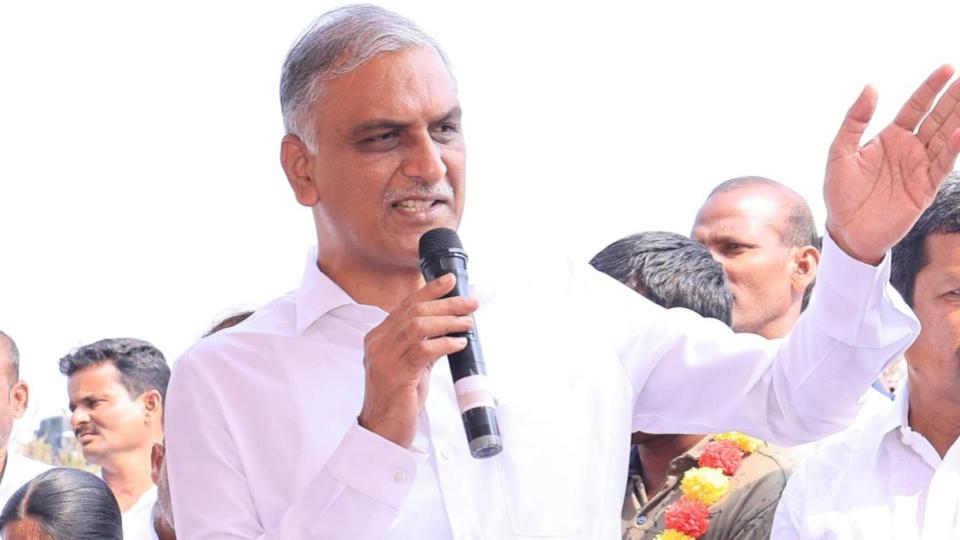
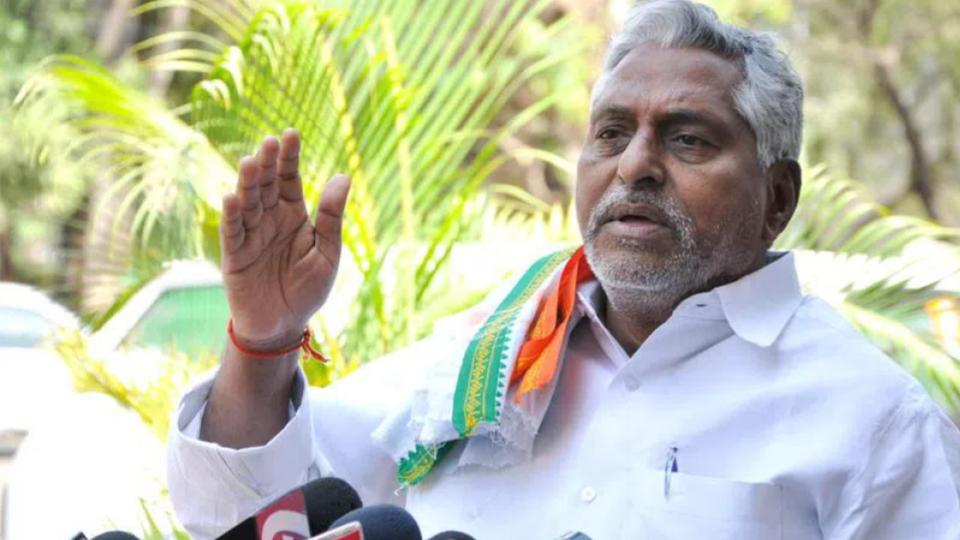
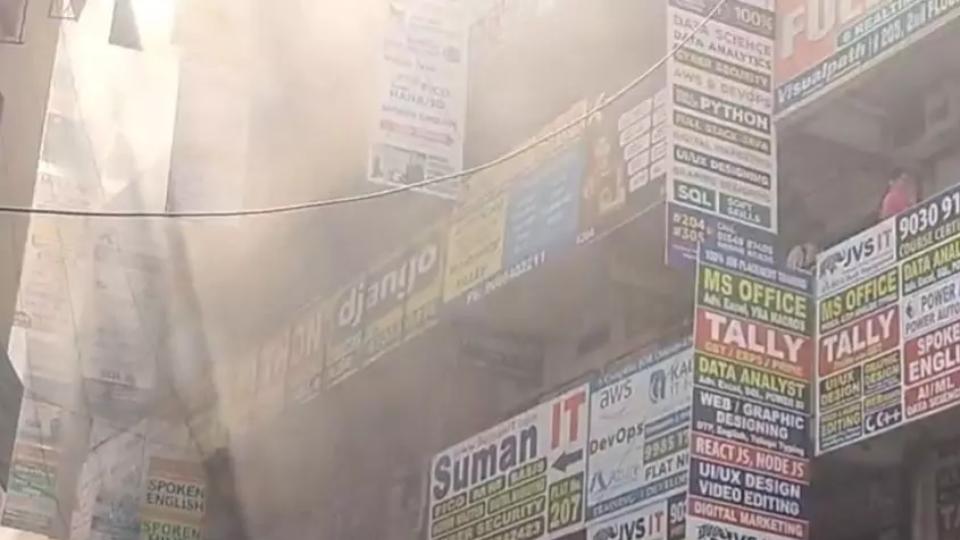

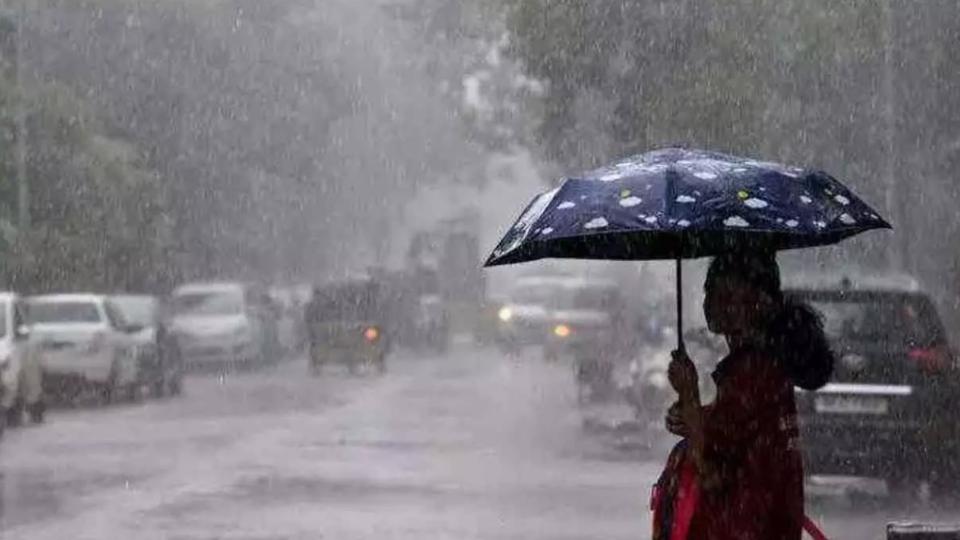



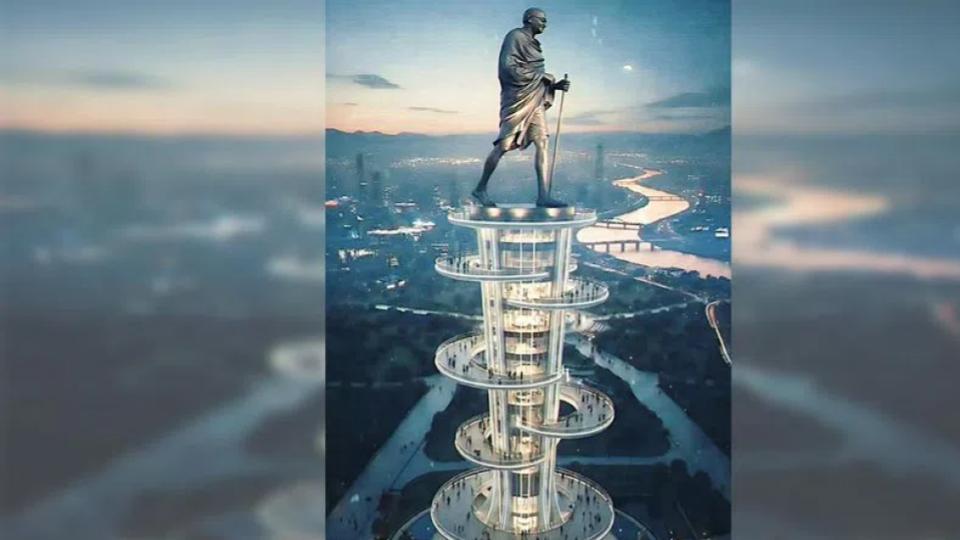

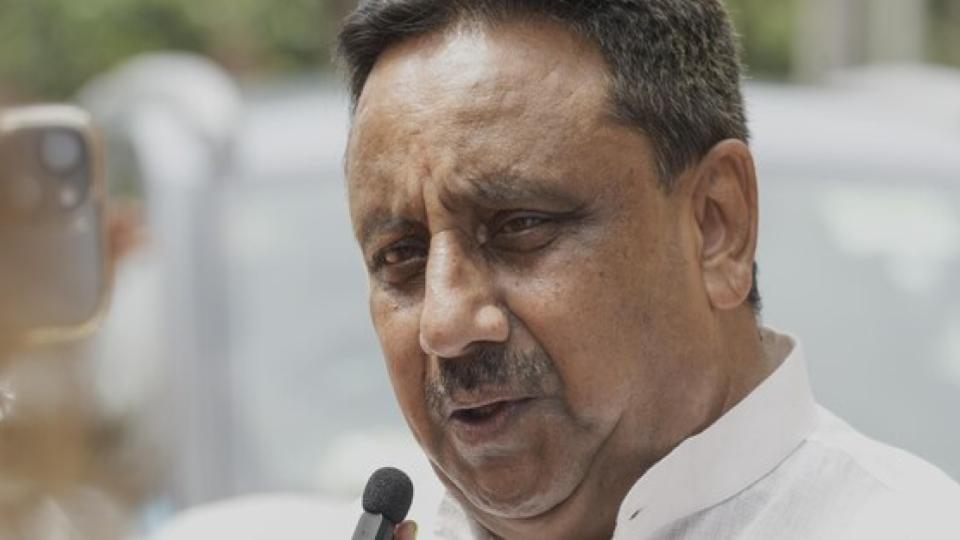



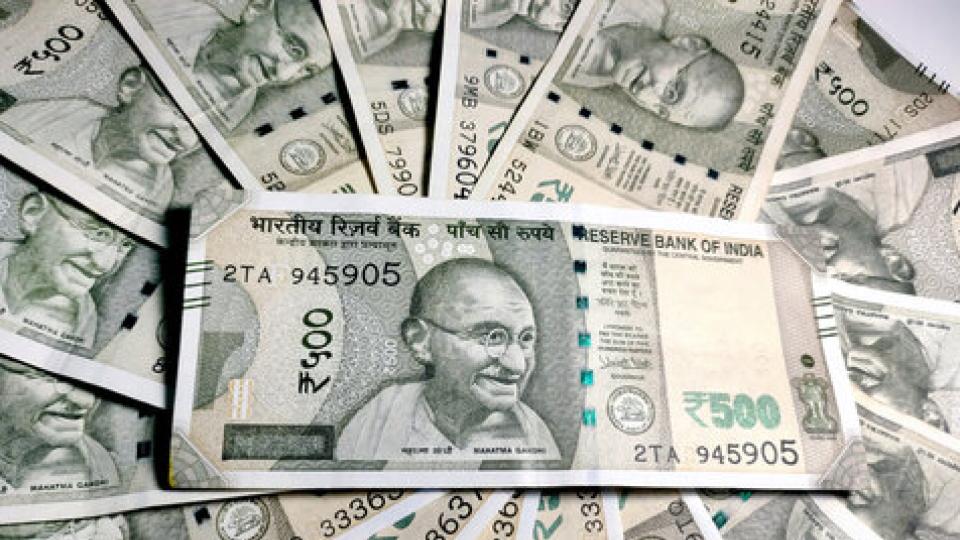
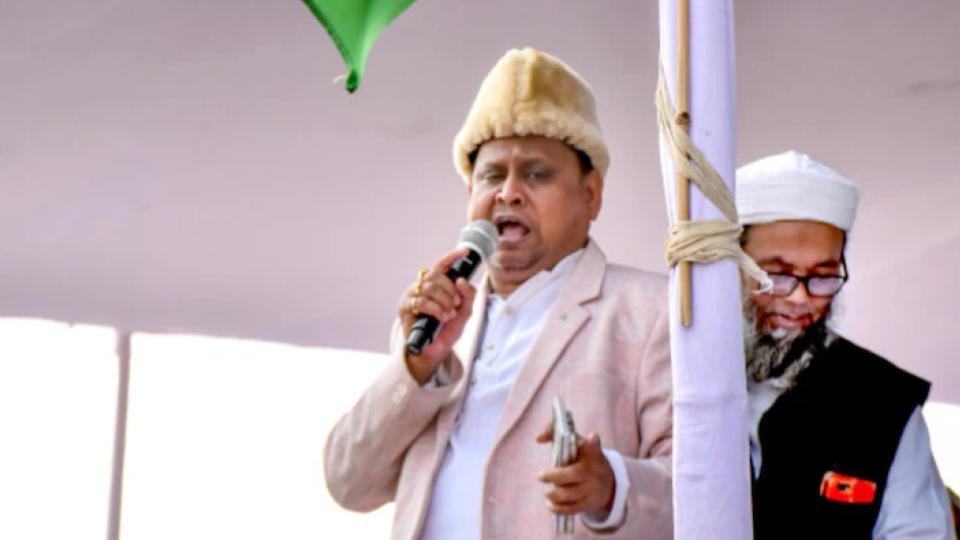

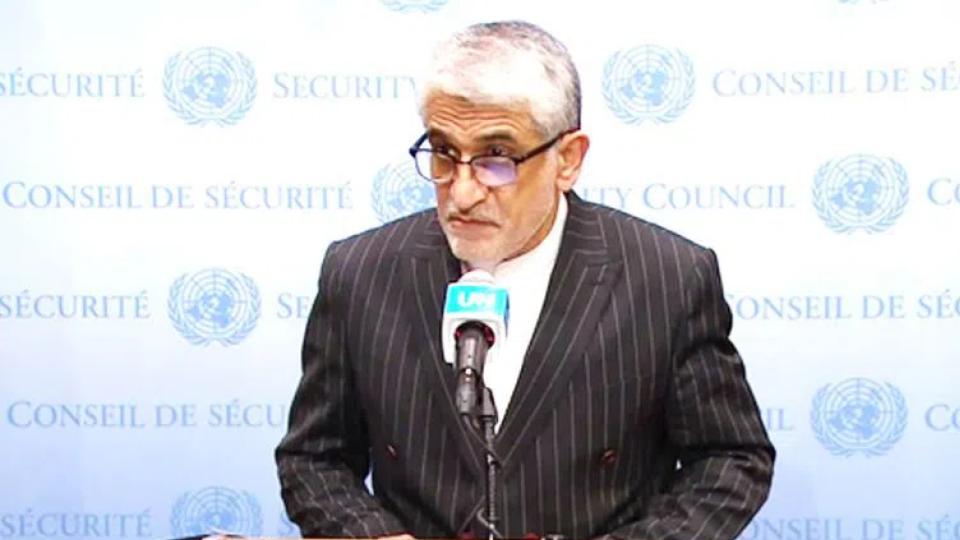

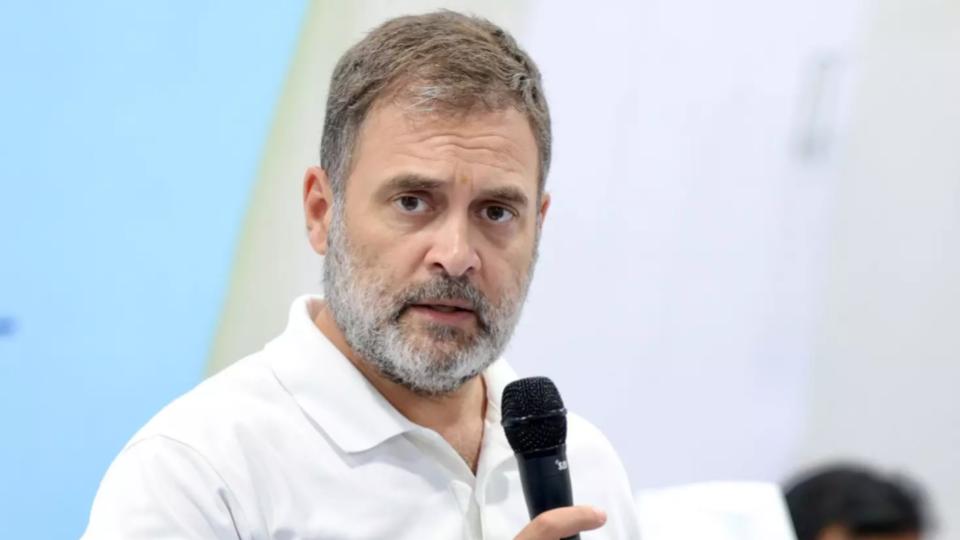
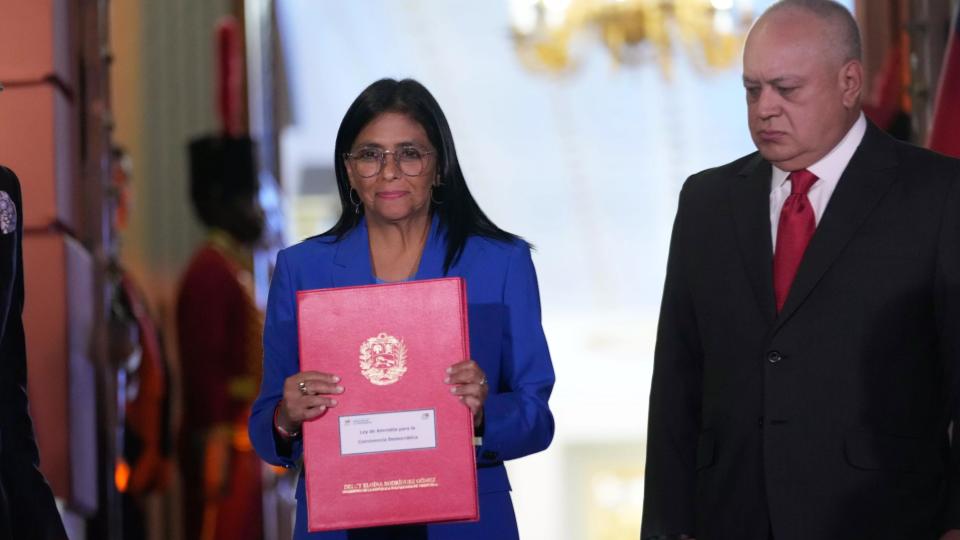
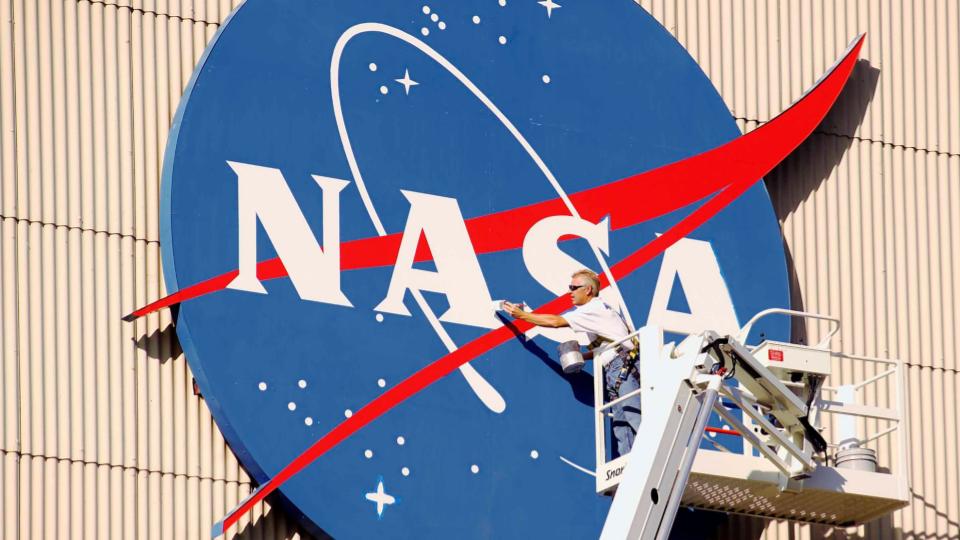












.jpg)
.jpg)
.jpg)


